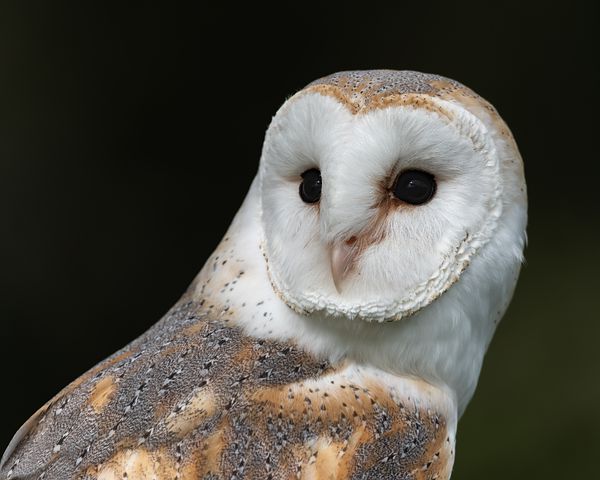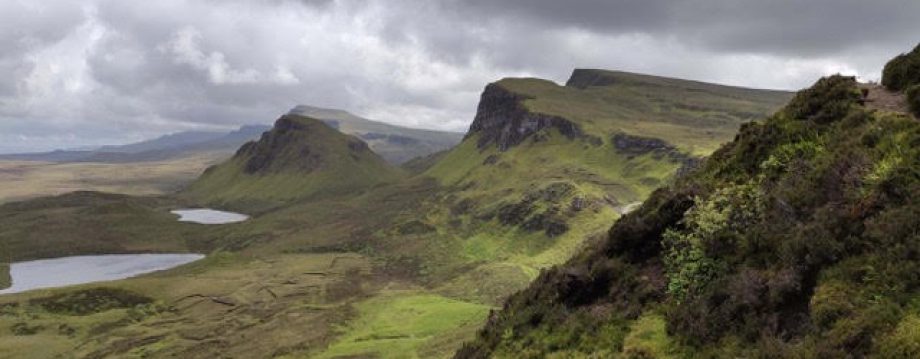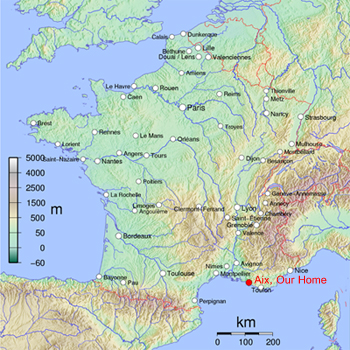I’ve been trying to the love the crows. These sunny winter days they swarm and swoop across the newly planted fields next door, finding seed, exulting loudly in their good fortune. By the hundreds they lift and fall.
But it is their call that I cannot embrace. They are loud alone and in the crowd. There’s no modulation, just a full-throated press of sound that silences all around. Even a flutter of sparrows, performing their vocal calisthenics at sunrise, are reduced to muffled murmurs.
I have tried to love the crows, to excuse their brash manners and their tendency to harass, to discover a key to their language. But now it’s gone: my desire or effort to accept them is gone.
Yesterday, as the sun began to lift the frost from the grass, I enjoyed a quiet conversation from afar with a nesting barn owl in the box I had built above the oaks. Each morning recently I had observed her through binoculars as she moved into the warming sunlight that entered her small domain. I could see only a bit of her wing or rounded breast or the top of her head. I imagined her content to rest safely in her home.
After our peaceful communion, I went off to do some chores for an hour or so. When I returned to the field I was startled by the loud calling of a half dozen crows perched atop the owl box. I suspected some mischief; they had never been there before. I ran toward the box and yelled at them, telling them to move away. My voice sounded insignificant next to theirs. Soon they took off, bored with the game.
Because the owl box is over 15 feet tall on its perch, I couldn’t look in to check for the owl. I don’t even know if she has laid eggs there yet. Quickly my dogs came over to see what the fuss was all about, and they found the owl below her box in the debris of oak leaves and twigs. She was still warm.
To my mind, there’s no prettier face in creation than the barn owl. And the white ruff of her neck and breast with its fine and speckled fur is of unparalleled softness and delicacy. I held her, spoke soothingly to her, apologized to her for her dying too soon.

There was nothing on her feathers or face or talons that could tell me why and how she had died. Trying to make sense of this sudden death I called on reason and research, but there wasn’t anything to give me the answer I sought. What I imagine is that my young owl was hungry, she seemed so light when I held her, and that she left the nest to grab a quick rodent in the early morning light. Caught unguarded, she was mobbed by a group of crows, a common behavior of crows toward owls, I learned. I imagine she was tired and hungry and unable to retreat to her nest in time. She fell exhausted just below.
I feel such grief for the loss of this owl from my world, from our world. And I suspect my grief is a bit tangled up and mixed in with the larger grief of our days in this time. There is so much loss, both individual and communal, living on the surfaces of our lives. Extremes of primary feelings and gestures crackle like high voltage wires all around us. Safety feels elusive and illusive.
Today another Congress will swarm and gather and make outrageous, unmodulated sounds as it picks at small pieces of truth laid on the ground before it. Some will threaten to mob those who get in their way. With their moral compass left frozen in the winter mud, they will tear at the thin threads of our democracy. Will the bullies win the day? Will those who yell their lies loud enough to muffle calls for justice prevail and make good their threats to do harm? We wait and watch, already mourning too many losses.

